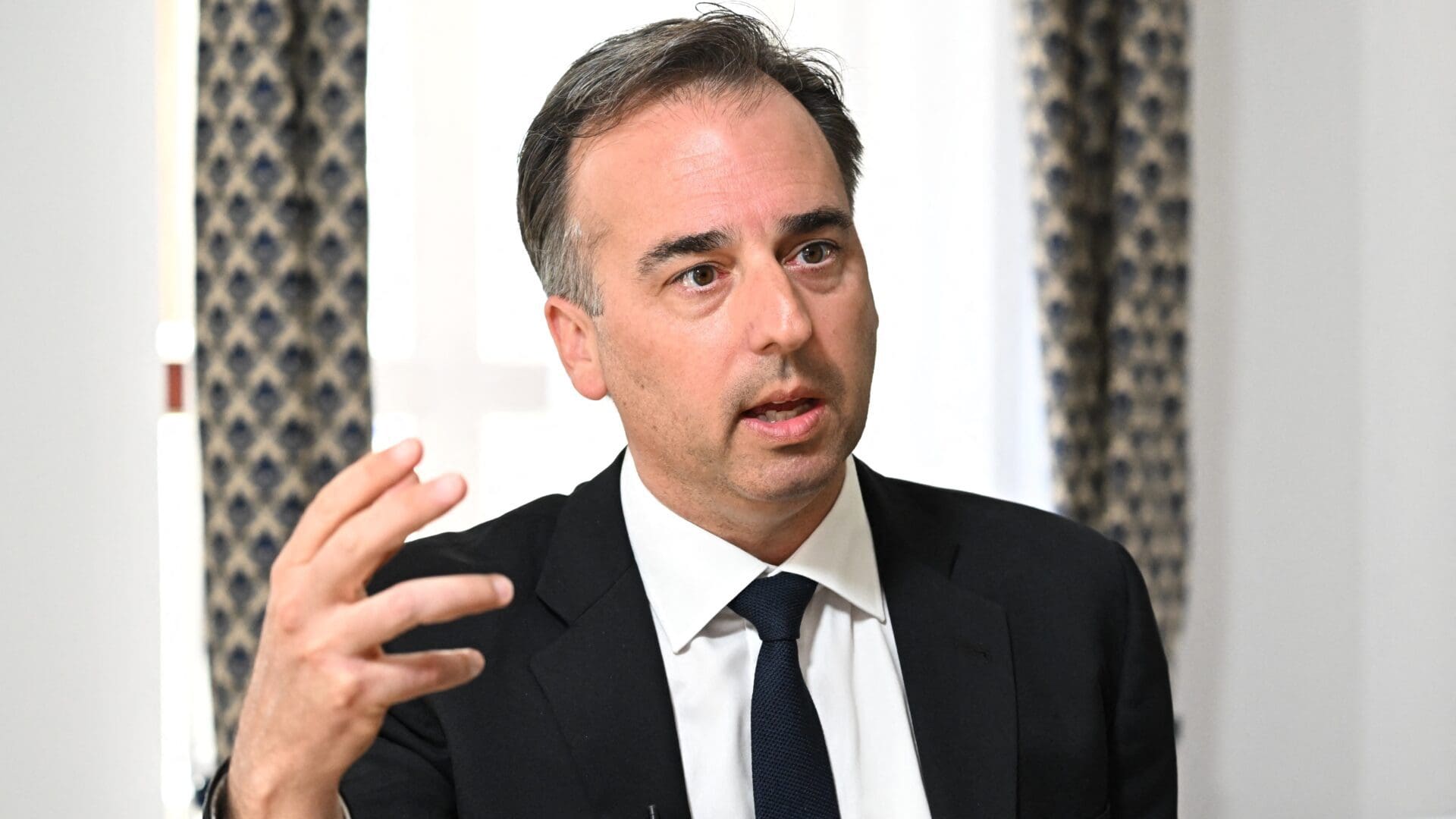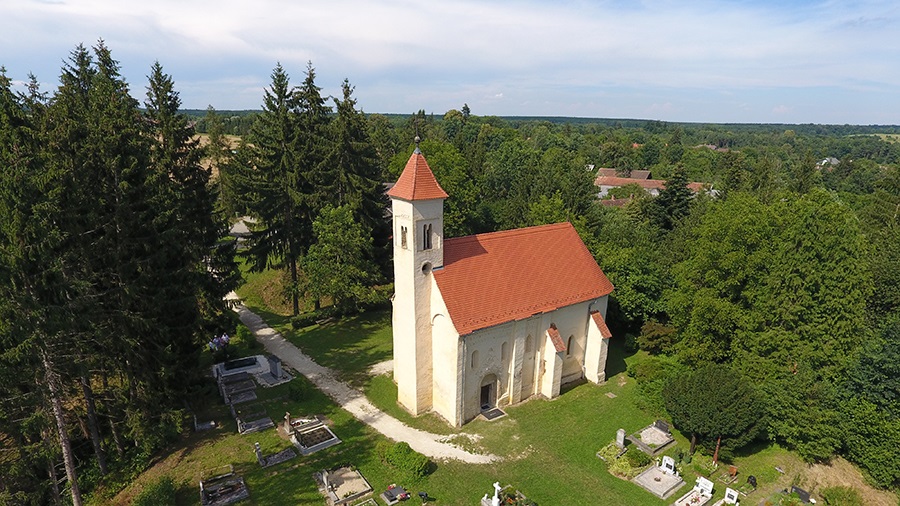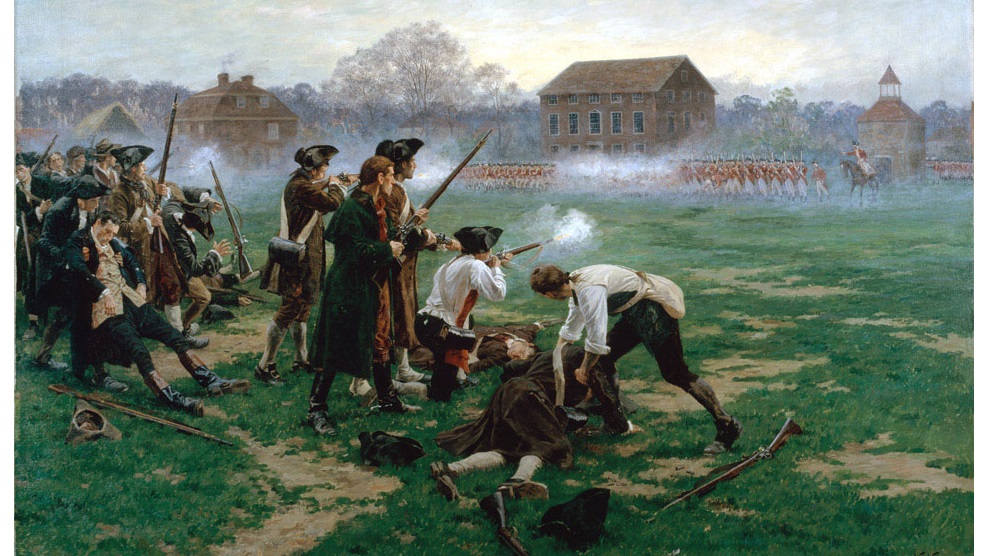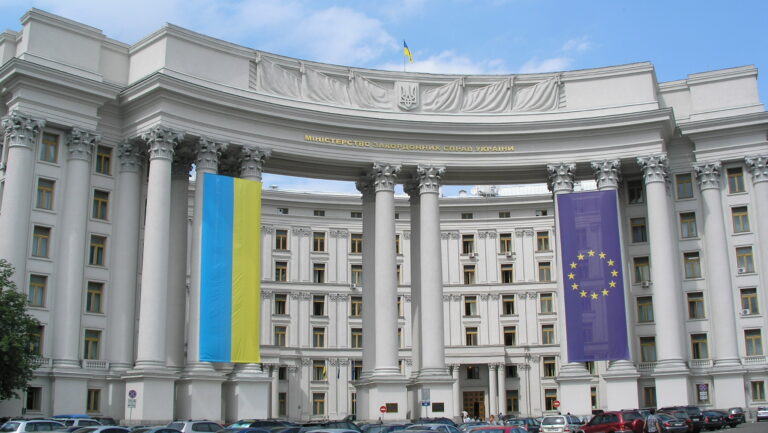Marking the 30th anniversary of the reburial of Miklós Horthy, Minister of Construction and Transport János Lázár laid a wreath at the mausoleum of the Horthy family in Kenderes on 4 September. During his remarks delivered at the ceremony, the minister stated that the former Regent ‘was an exceptional statesman, a true Hungarian patriot, and a heroic soldier.’ According to the minister, Horthy saved the country in 1919 from the fate that ‘the Western great powers’ had in store for Hungary.
There were no other members of the government present at the ceremony apart from Lázár, but other representatives of the ruling party did attend. Sándor Fazekas, the former Minister of Agriculture in the Orbán government and current parliamentary representative for Fidesz, who serves as the deputy chairman of the Horthy Miklós Foundation, referred to the former governor as one of the most significant Hungarian politicians of the twentieth century.
After the ceremony, Lázár wrote on Facebook: ‘One more reason to visit Kenderes. The [renovated] Kenderes train station is a fitting place for the new railway history exhibit ion of the Transportation Museum. This is because the city’s history cannot be mentioned without recalling the Horthy family’s memory, not only its past but also its present.
This exhibition pays tribute to István Horthy, an outstanding transportation engineer, railway president, and innovator. It conveys the message that if there are young, talented, hardworking individuals willing to serve the public interest over personal gain, then the country’s reconstruction and development are possible in any situation.’
Lázár János – Még egy okkal több, amiért érdemes…
Még egy okkal több, amiért érdemes Kenderesre látogatni. A kenderesi vasútállomás méltó helye a Közlekedési Múzeum új vasúttörténeti kiállításának….
In response to Lázár’s comments, controversial US Ambassador to Hungary, David Pressman spoke out on the X (formerly Twitter) social platform. The ambassador wrote: ‘Miklós Horthy was complicit in the slaughter of Hungary’s Jewish population during the Holocaust. The United States is concerned by the participation of a senior Orbán government official in efforts to rehabilitate and promote his brutal legacy.’
Ambassador David Pressman on Twitter: “Miklós Horthy was complicit in the slaughter of Hungary’s Jewish population during the Holocaust. The United States is concerned by the participation of a senior Orbán government official in efforts to rehabilitate and promote his brutal legacy. / Twitter”
Miklós Horthy was complicit in the slaughter of Hungary’s Jewish population during the Holocaust. The United States is concerned by the participation of a senior Orbán government official in efforts to rehabilitate and promote his brutal legacy.
This is not the first instance of the ambassador offering an unsolicited opinion about Hungary’s past. Most recently, he made controversial remarks about the Soviet Red Army that occupied Hungary in 1945, and last year, he published a message regarding the 1956 revolution, drawing parallels with the Russo-Ukrainian war. The US Embassy has also infamously been engaged in a billboard campaign in Hungary, advocating for a more anti-Russian stance of the public. The billboards deliberately echoed one of the most famous slogans of the 1956 freedom fight, ‘Russkis, Go Home!’
Related articles:








